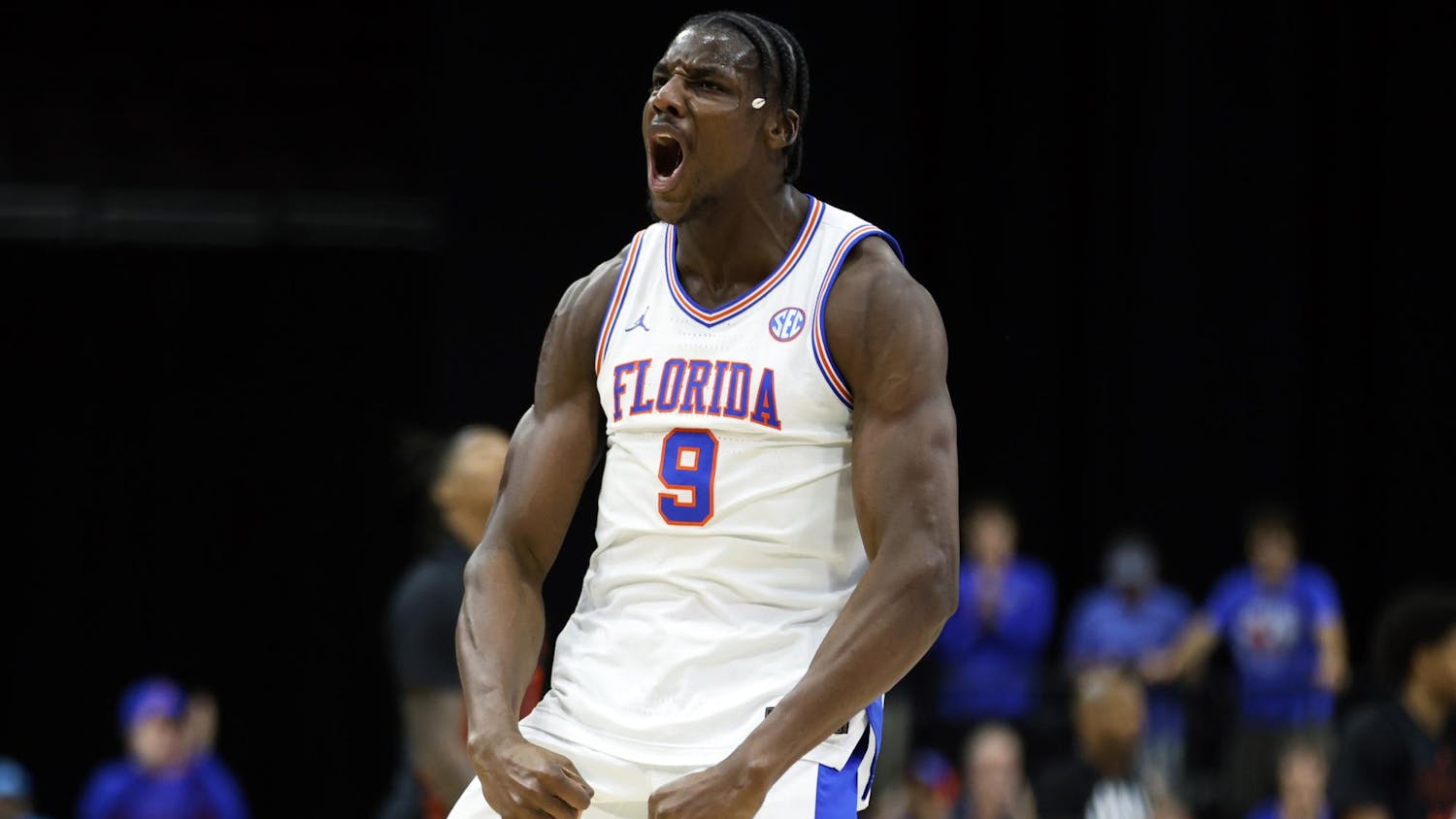Fidel Castro, the Cuban president who overthrew the government on the island 90 miles south of Florida in 1959, resigned Tuesday. Still, as some celebrated the news, UF experts predicted relations between Cuba and the United States would remain strained.
Castro's brother and expected successor, Raul Castro, has hinted that he may loosen restrictions on the Cuban economy, but Terry McCoy, a political science and Latin American studies professor, said no drastic changes will happen overnight.
America has had a Cuban trade embargo in place since 1962 with the intention of pressuring the country to become democratic. Any travel to Cuba is also forbidden.
McCoy said Raul Castro, who temporarily took over his brother's presidency in July 2006 after Fidel Castro's intestinal surgery, may attempt reconciliation with the U.S. But American policy on Cuba won't hasten until the Castros are out of office and the government holds free and fair elections, he said.
"It's a Cuba we'd all love to see," he said. "It's a pretty high bar."
The U.S. Department of State restricts travel to Cuba with a few exceptions - including for students studying abroad - but students in Florida can't travel there at all under state law.
He said Castro's resignation shouldn't have an effect on travel regulations because the Cuban government has never opposed the idea of Americans visiting the country.
Julio Fajardo, a computer engineering senior who was born in Cuba, said in order to freely travel to his home country, the U.S. government will have to make some changes.
"It's good for the people living there, but it's not good for people living here," Fajardo said. "For them, it's kind of a message of hope - that things can move."
He said he moved to the U.S. in 1995 and hasn't been able to visit his family in Cuba since.
Enrique Gomez, a civil engineering junior, said he moved to the U.S. from Cuba after his family won a visa lottery in 2001. He said he didn't think Raul Castro would convince the U.S. to relax the travel ban.
"In order to change that, things have to change here," Gomez said. "I believe what Americans think of Raul is that he's just another communist."
The Associated Press contributed to this report.





